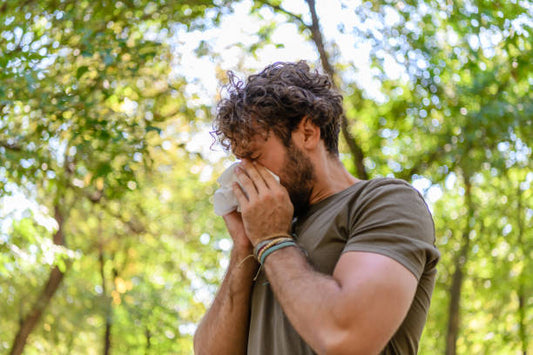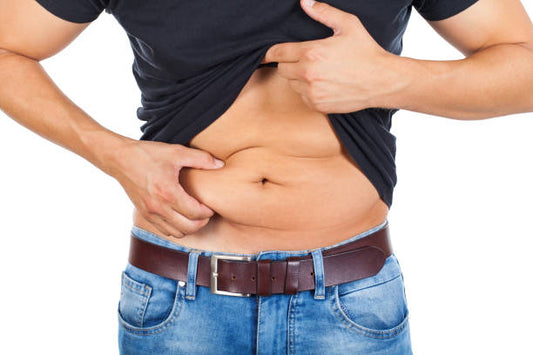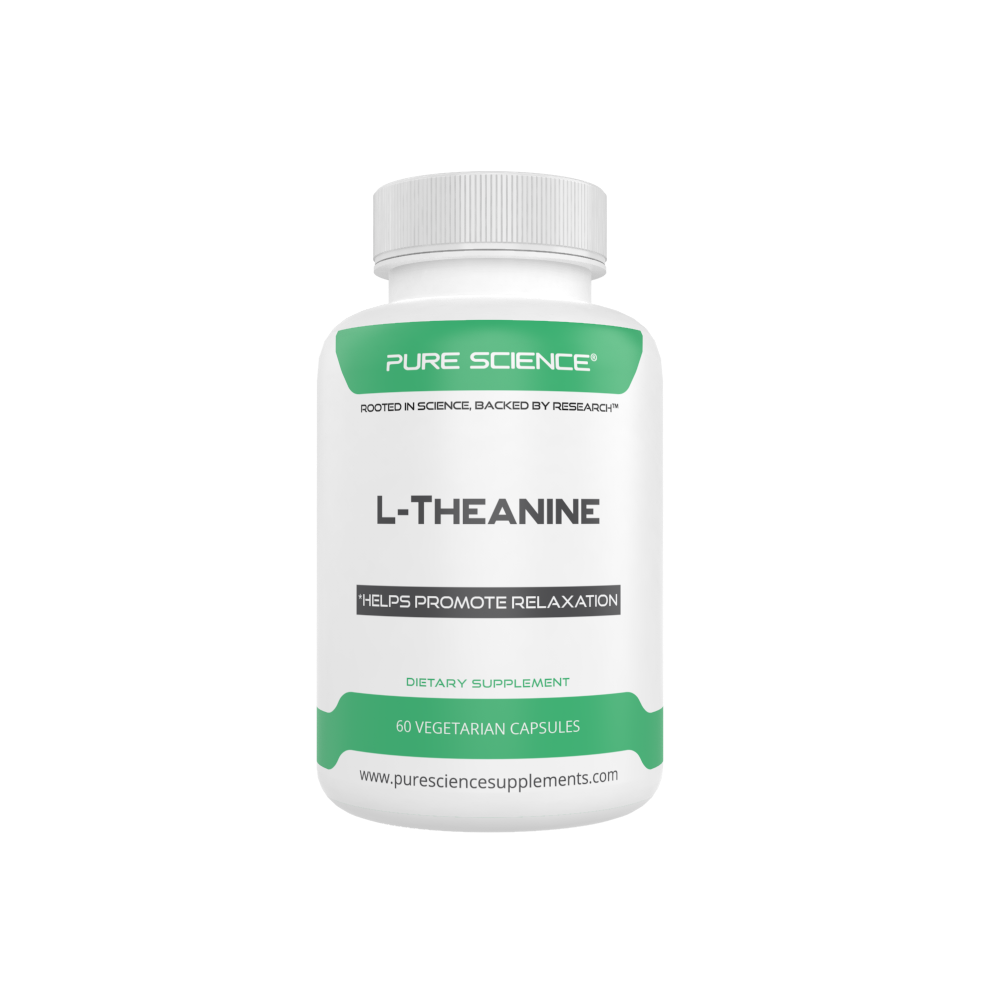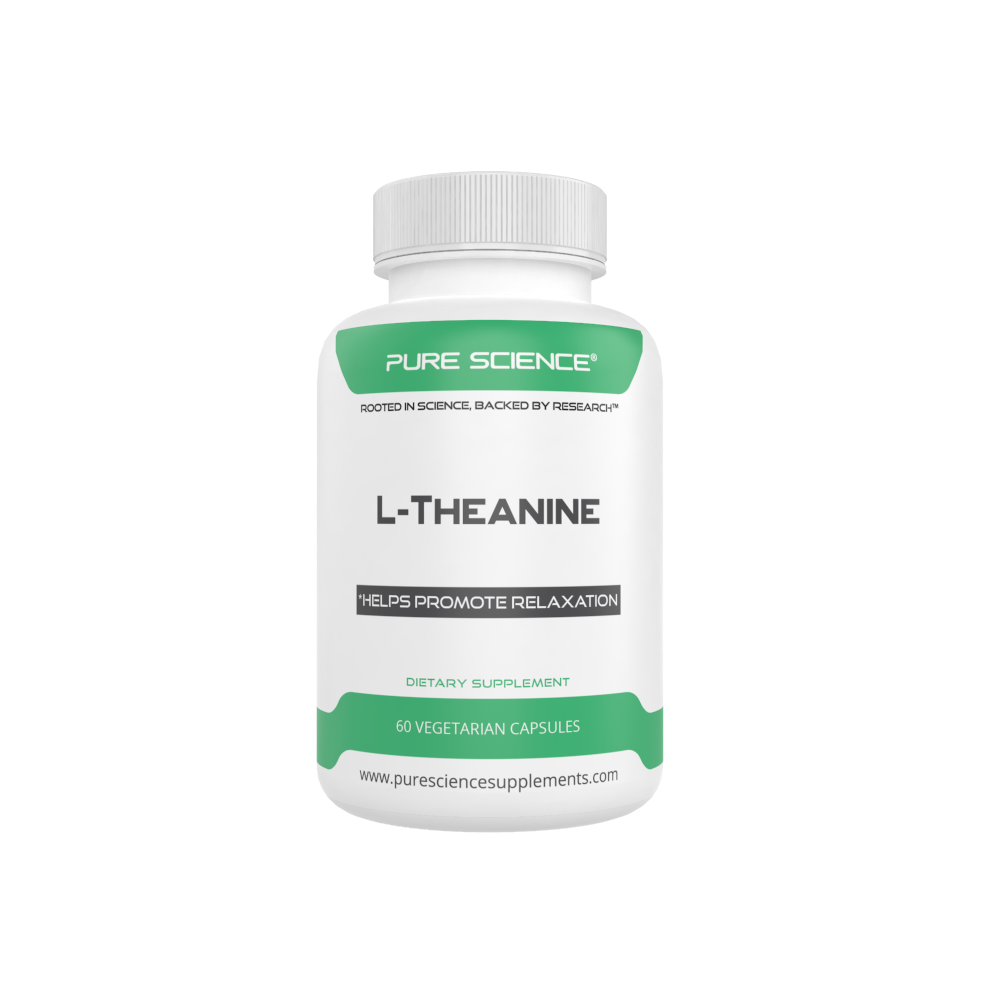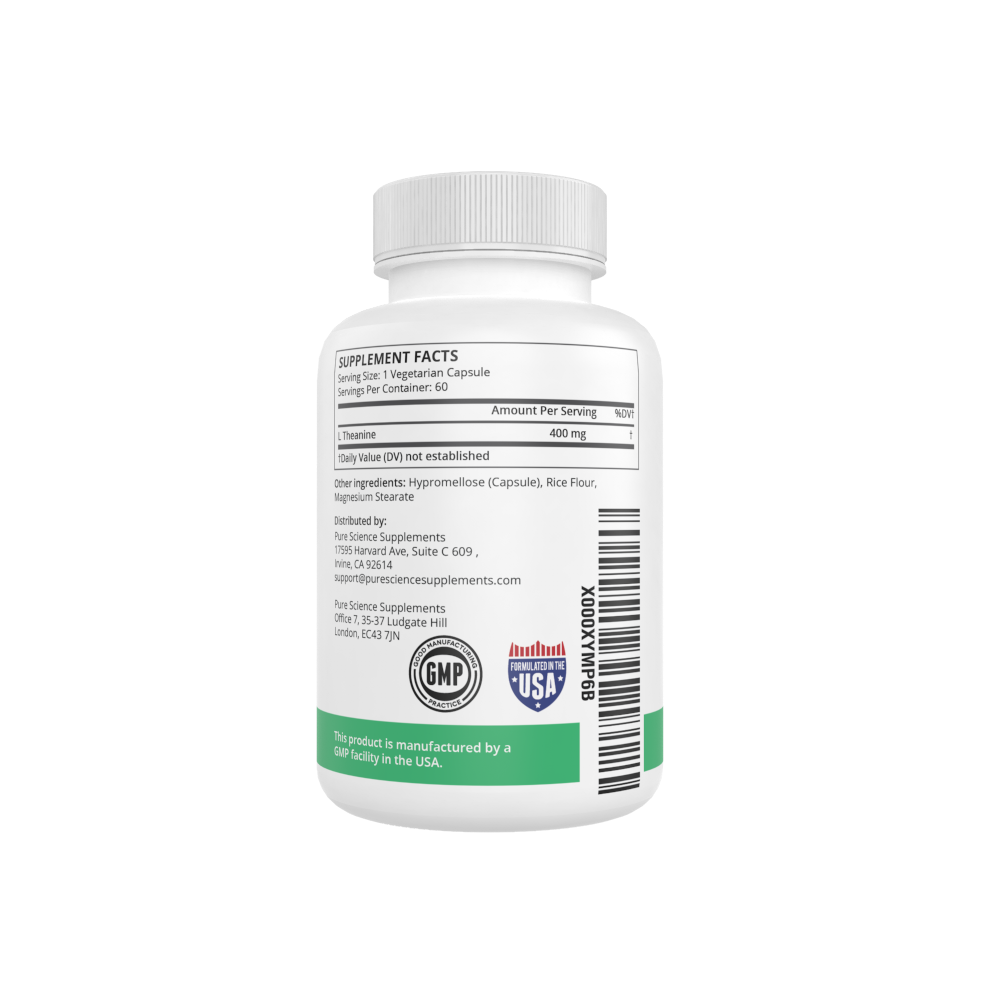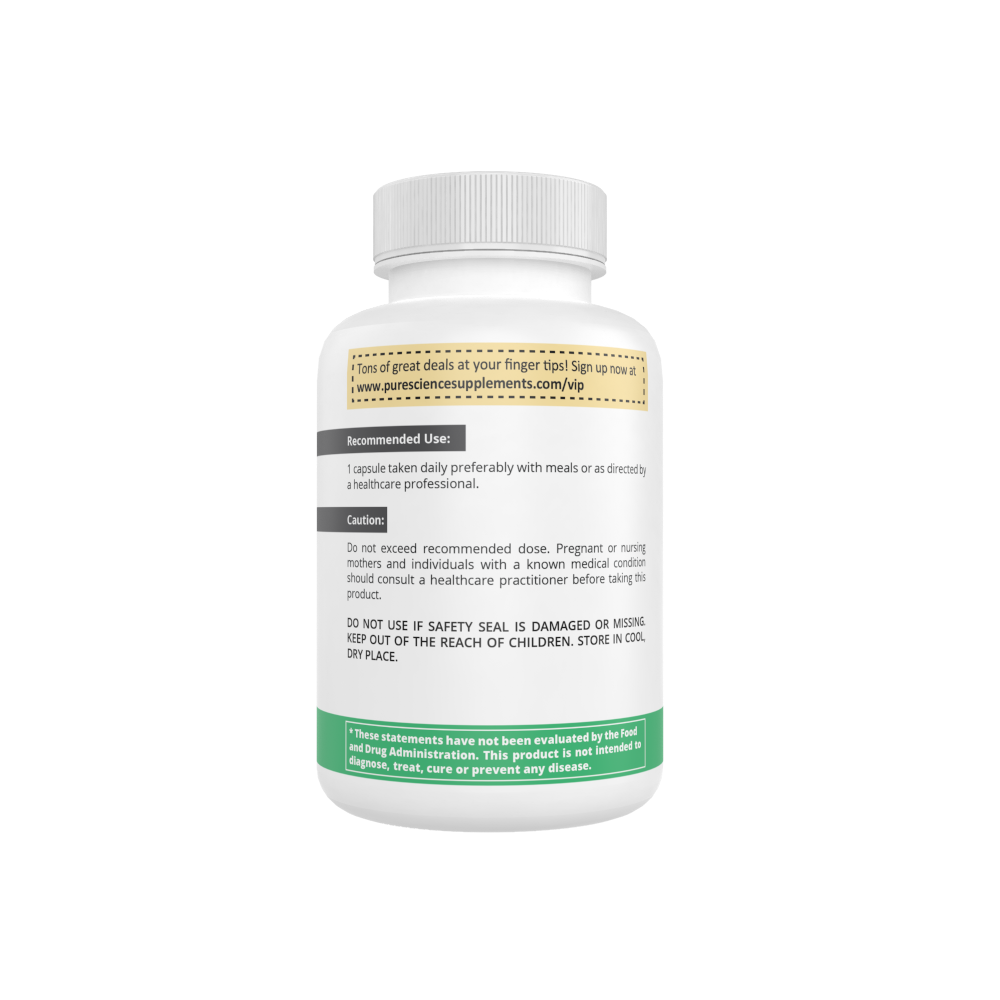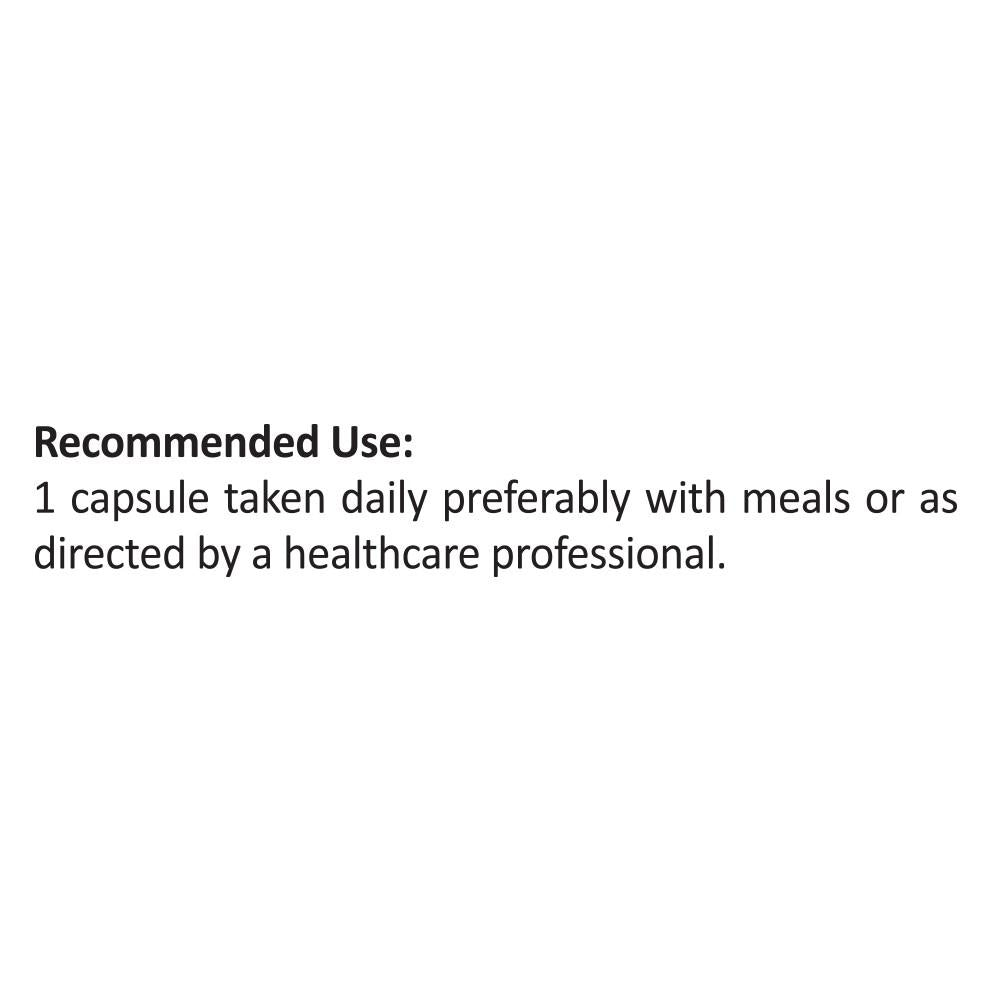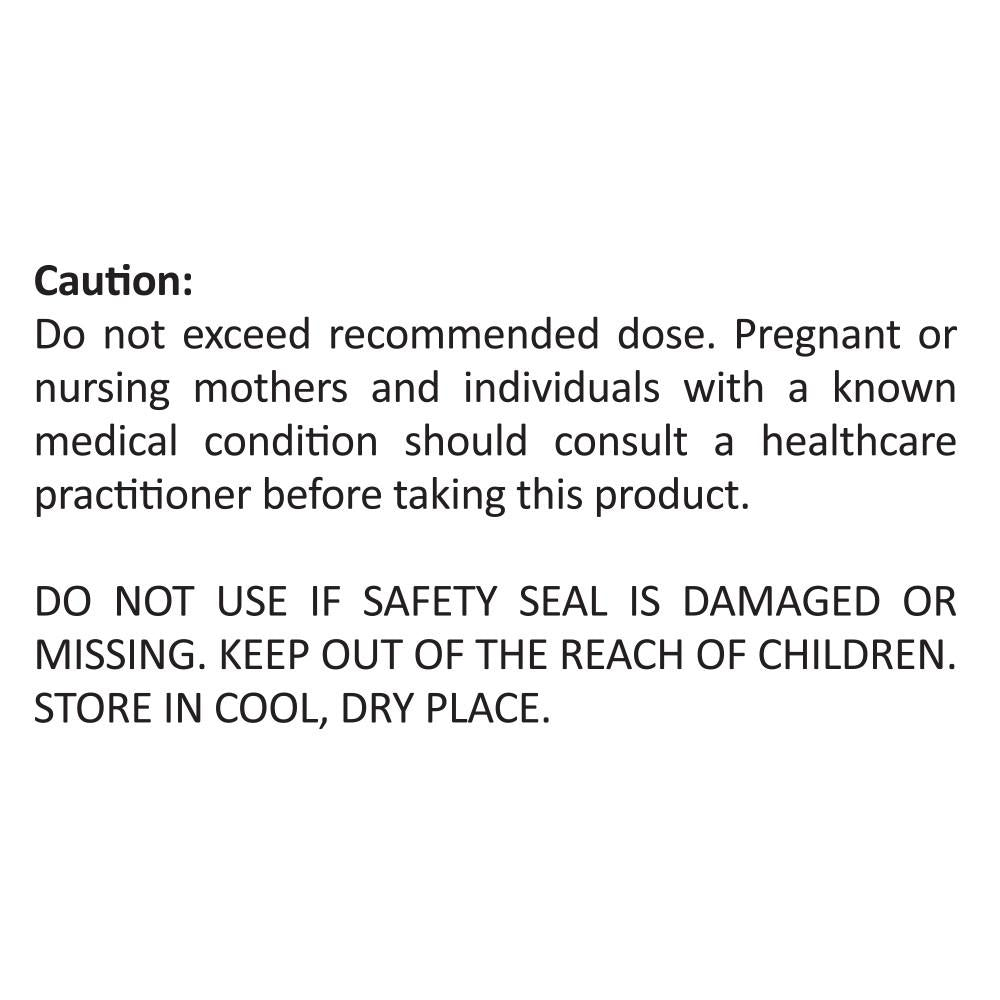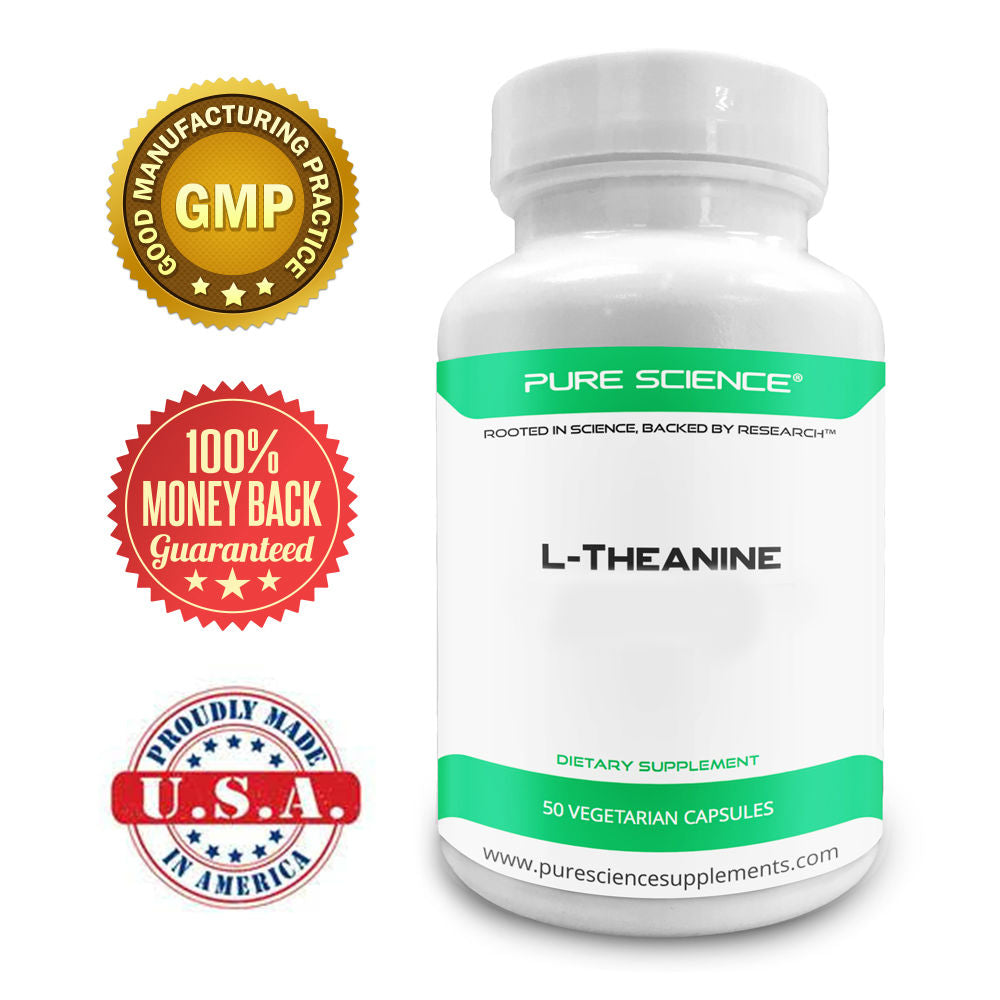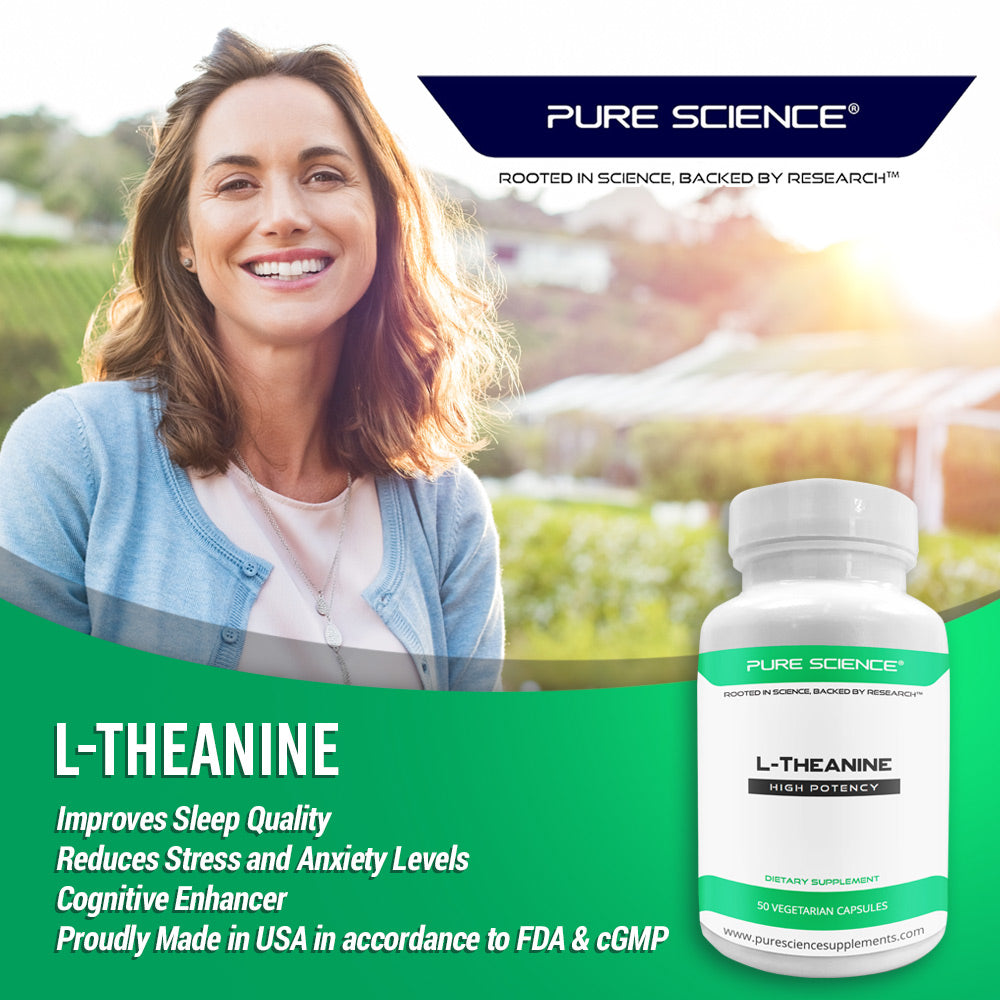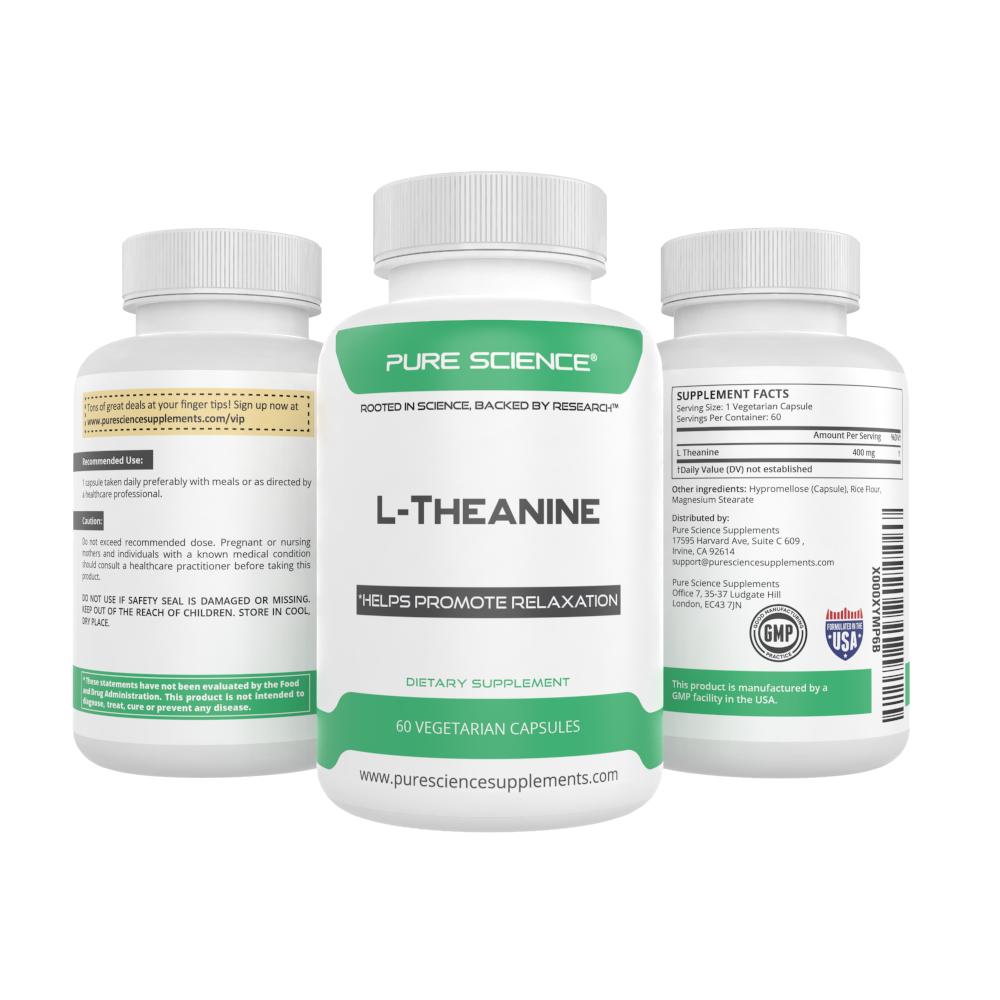Premenstrual syndrome (PMS) is a widespread ailment that affects a lot of women globally. In the days preceding a woman's menstrual period, it is characterized by a collection of physical, emotional, and behavioral symptoms. These signs and symptoms, which can be minor to severe, can include:
Bloating, sore breasts, headaches, exhaustion, and muscular aches are some of the physical symptoms:
Mood swings, impatience, anxiety, and depression are examples of emotional symptoms.
Behavioral problems include trouble concentrating, eating cravings, and adjustments to sleep schedules.
The daily activities a woman engages in and her quality of life can both be significantly impacted by PMS. It can be stressful and upsetting for both the lady going through it and those close to her. Despite the fact that PMS is a common and natural part of a woman's menstrual cycle, it can be managed with a combination of dietary changes and medical attention.
History
L-theanine is an amino acid that occurs naturally in tea leaves and has long been utilized in folk medicine. It has been used to help with anxiety, tension, and sleep because it has been demonstrated to have a soothing impact on the brain. L-theanine has lately been investigated for its potential to lessen PMS symptoms.
How it works
The amino acid L-theanine, which is naturally present in tea leaves, is hypothesized to function by raising the concentrations of several neurotransmitters in the brain, such as serotonin and dopamine. These neurotransmitters can enhance the sensations of relaxation and well-being and play significant roles in mood regulation. L-theanine may also aid in lowering cortisol production, which has been linked to PMS symptoms like irritability and mood swings.
L-theanine may have additional modes of action that contribute to its potential to reduce PMS symptoms in addition to its effects on neurotransmitters and stress hormones. For instance, it might aid in enhancing sleep quality, which is susceptible to disruption during PMS. Additionally, it might have anti-inflammatory properties that lessen physical symptoms like muscle aches and discomfort in the breasts.
Overall, additional research is required to completely understand the processes through which L-theanine may reduce the symptoms of PMS because they are not yet fully understood.
Studies and result
Several research has been done to determine how well L-theanine works to reduce PMS symptoms.
In one study, 60 PMS-afflicted women were randomized to receive either 200 mg of L-theanine or a placebo daily for two menstrual cycles. The results were reported in the Alternative Medicine Review. Comparing the L-theanine group to the placebo group, the results revealed that the L-theanine group had significantly fewer PMS symptoms, such as irritability, mood swings, and breast soreness.
In a different trial, 70 PMS-afflicted women were given 200 mg of L-theanine or a placebo twice daily for two menstrual cycles. The results were reported in the Journal of Midwifery & Women's Health. Comparing the L-theanine group to the placebo group, the results revealed that the L-theanine group had significantly fewer PMS symptoms, such as mood swings, irritability, and breast soreness.
L-theanine was utilized in each of these studies at a dose of 200 mg per day for two menstrual cycles, and it was found to be beneficial in easing PMS symptoms. It is crucial to keep in mind that these trials were somewhat small, and additional analysis is required to validate the efficiency of L-theanine's in treating PMS. Additionally, because every person's needs are unique, it's crucial to speak with a healthcare professional before beginning any new supplement.
Recommended Dosage
For two menstrual cycles, a daily dose of 200 mg of L-theanine was employed in the research previously stated. Before beginning any new supplement, it's crucial to speak with a healthcare professional because everyone's needs are different.
Conclusion
L-theanine might be a viable organic treatment for PMS symptoms. The trials presented here suggest that it may be a secure and reliable alternative for lowering PMS-related irritability, mood swings, and breast discomfort, while additional study is required to establish its efficacy.
Reference
- Theanine for the management of premenstrual syndrome. (2016). Alternative Medicine Review, 21(2), 116-122.
- Effects of theanine on premenstrual syndrome. (2013). Journal of Midwifery & Women's Health, 58(6), 611-615.


